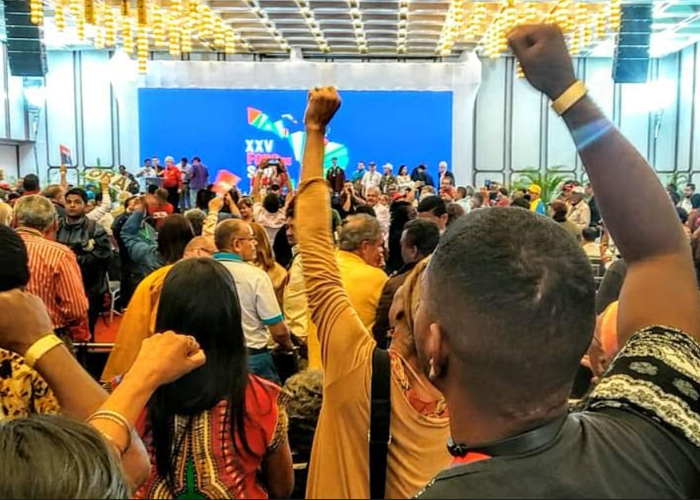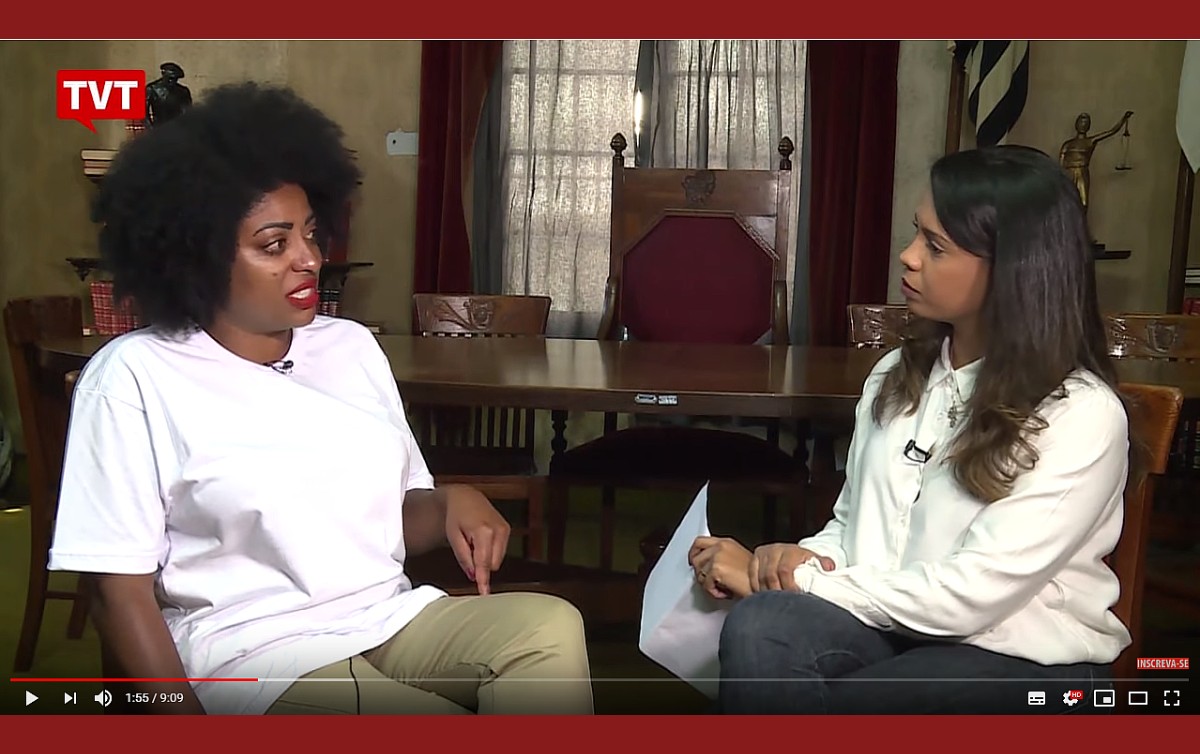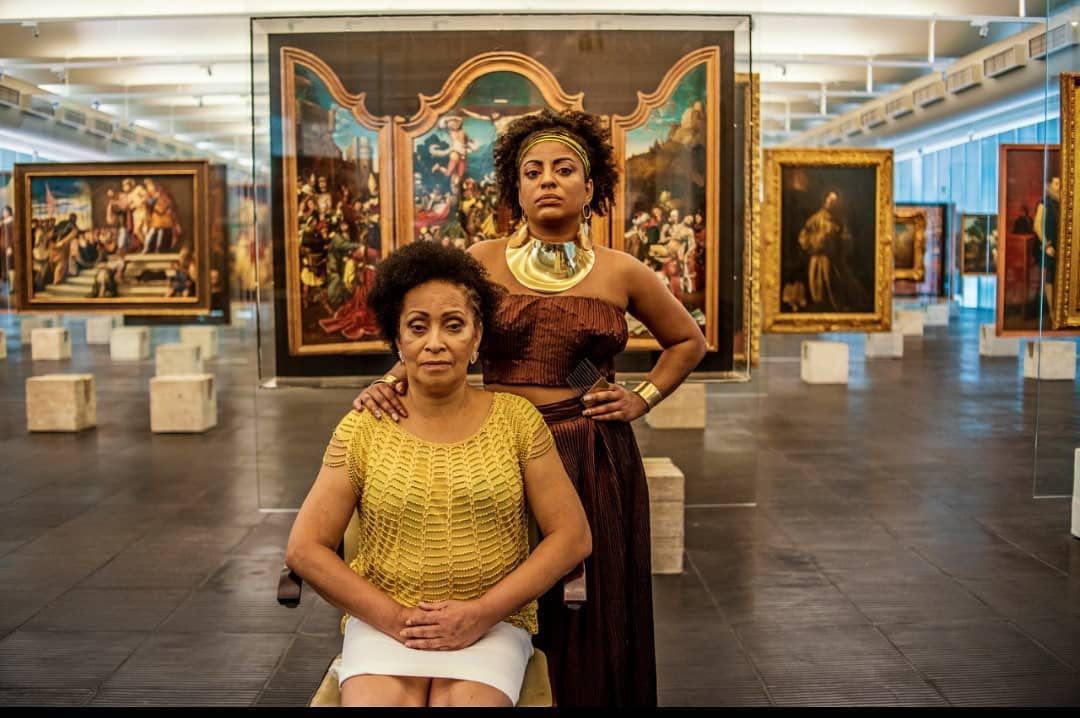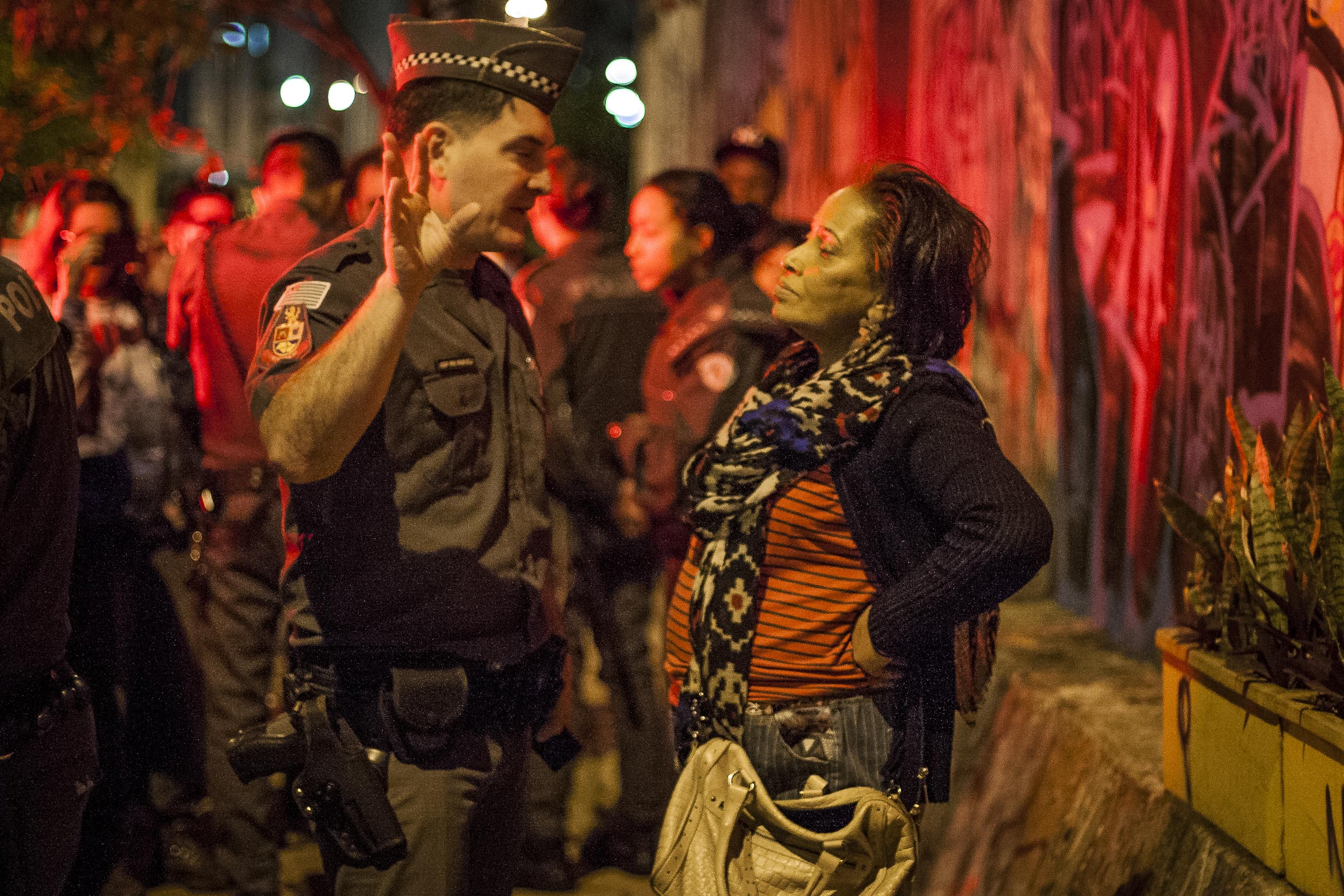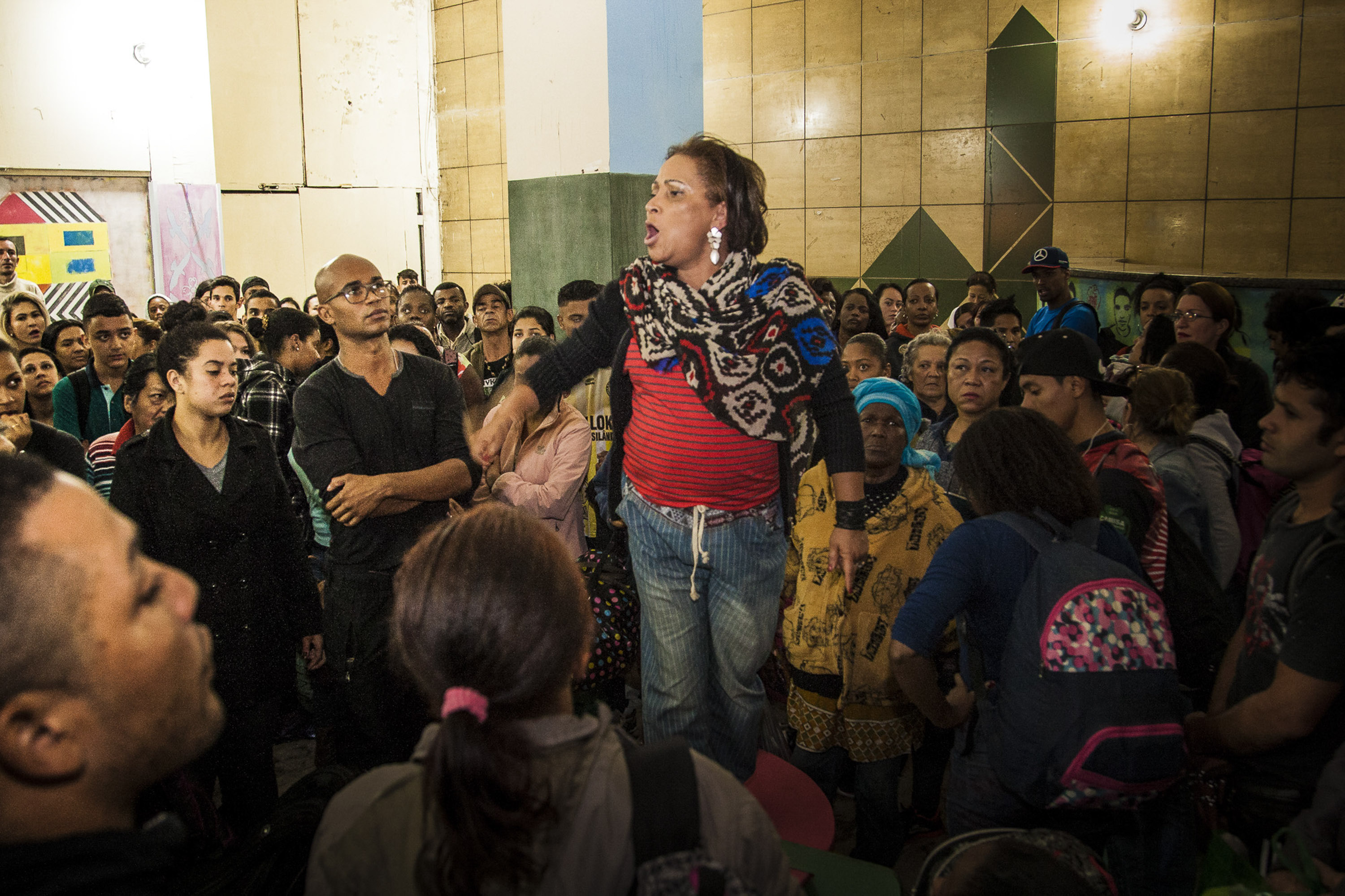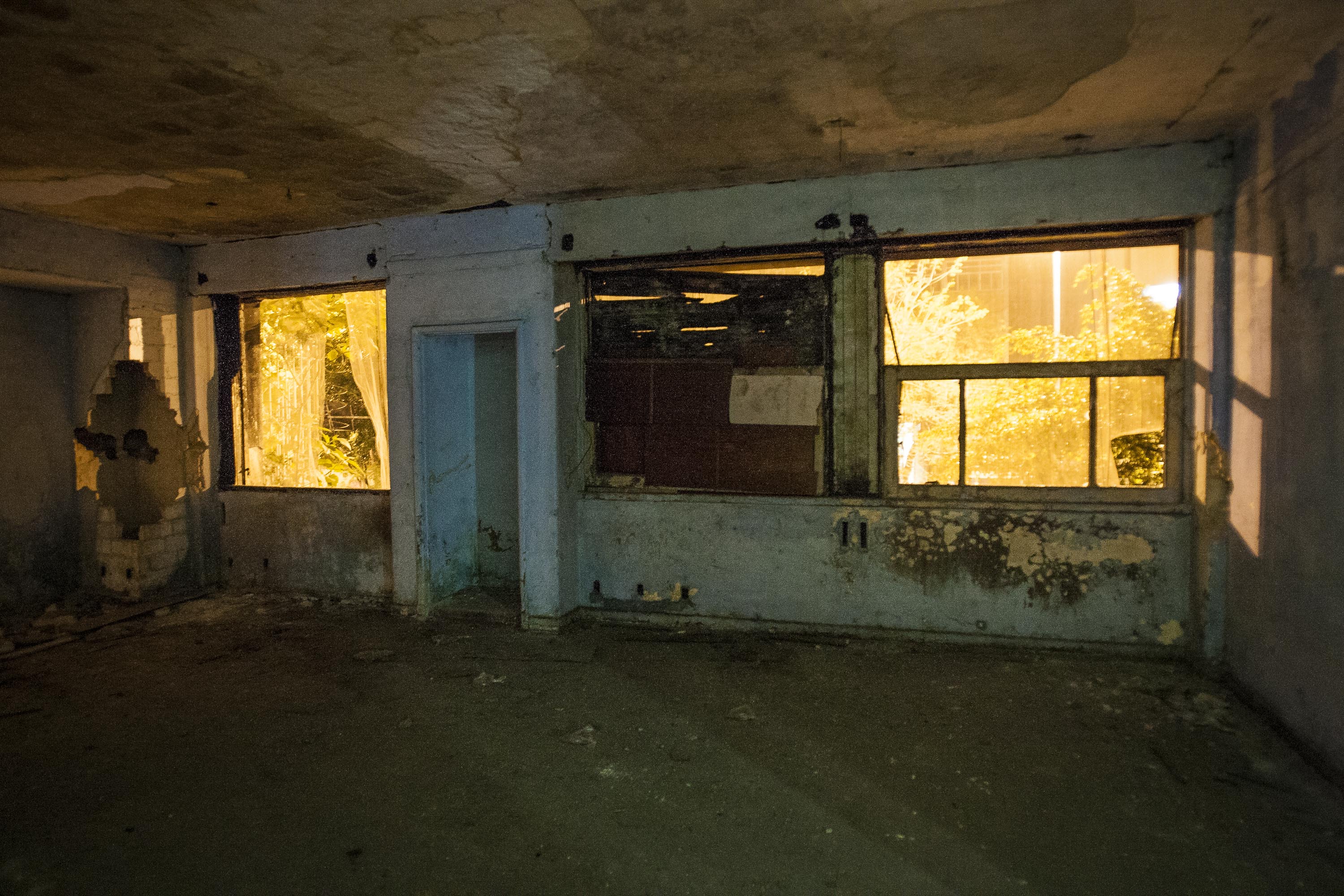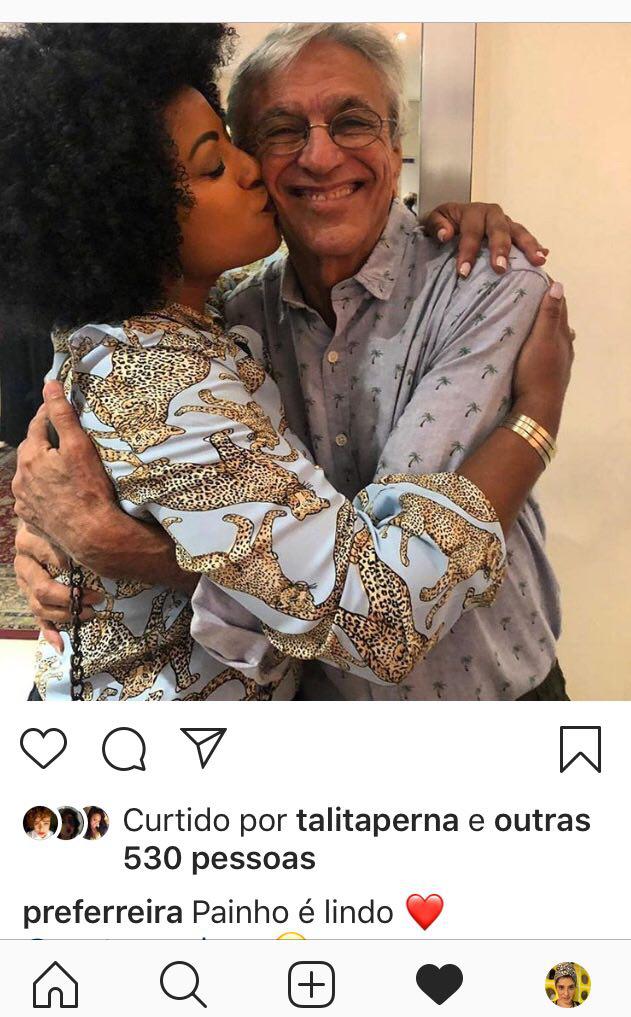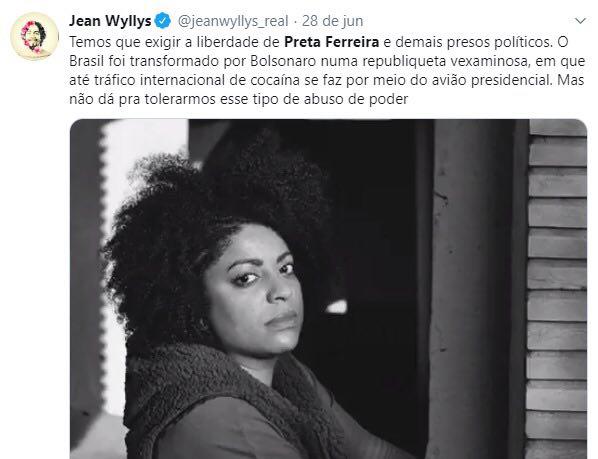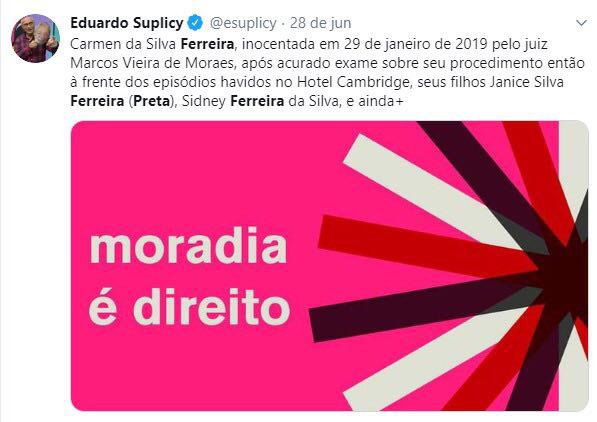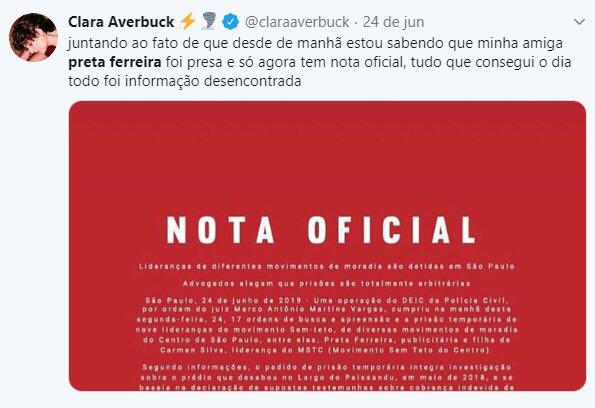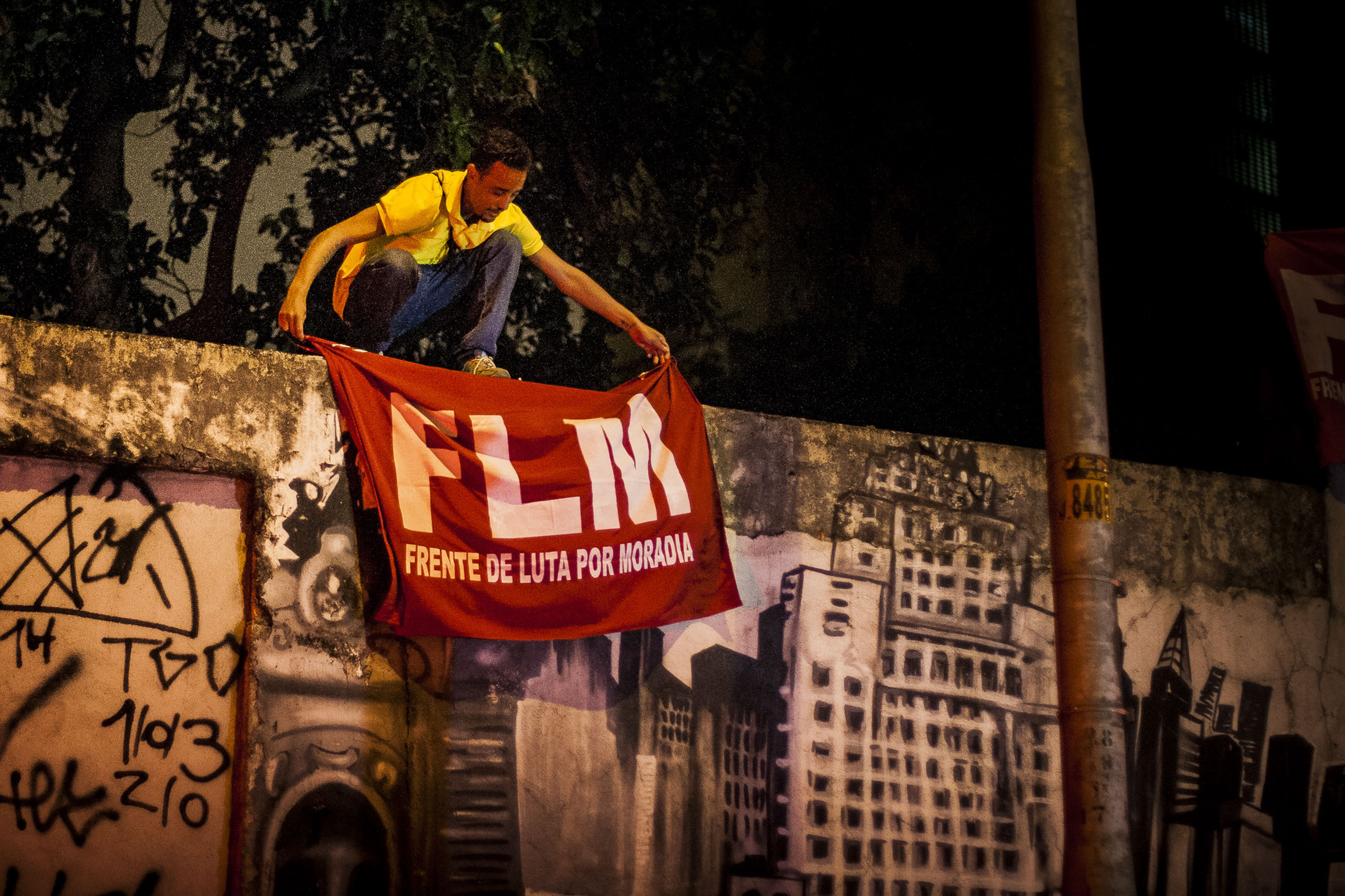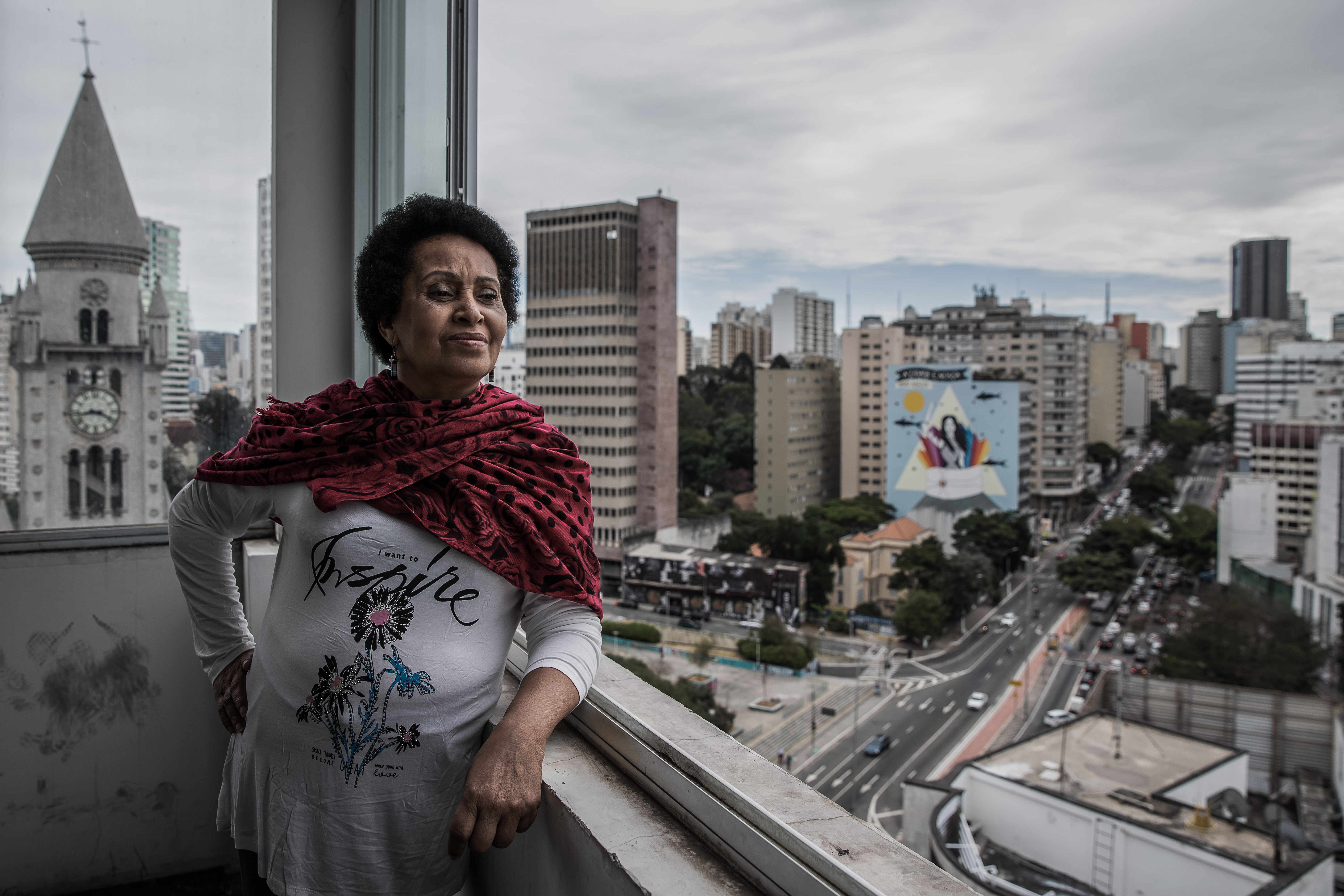loyola llothta
☭☭☭

Rob Crandall / Shutterstock.com
CIA Used Herald Reporter as "Propaganda Outlet" in '60s, Documents Show
JERRY IANNELLI | MAY 3, 2018 | 8:00AM
Thanks to the cache of John F. Kennedy-related files the government recently released, Miamians now know about the utterly bonkers plot the feds cooked up to stage a false-flag bombing on its own populace in Miami and then blame the deaths and chaos on Fidel Castro.
But according to CIA documents the Miami Herald dug up yesterday (and a few that New Times subsequently found), the JFK archive is full of all kinds of other insane tidbits about life in the CIA-informant-filled Magic City during the Cold War era. Namely, two Herald journalists — reporter Alvin Burt and Latin America editor Don Bohning — were working as covert CIA informants while also writing and editing for the newspaper in the late '60s.
Link:According to declassified CIA documents, Burt was given the codename "AMCARBON-1," while Bohning was called "AMCARBON-3." Records show the CIA believed both men could have had access to useful information about the Cuban exile community in Miami. Documents show both men gave information to the CIA: Burt reported on Cuban anti-Castro revolutionaries, while Bohning passed along at least one tidbit about then-Louisiana prosecutor Jim Garrison's investigation into the Kennedy assassination. Another CIA report shows the agency hoped to use its South Florida news-media connections for "surfacing propaganda items."
RELATED STORIES
The existence of the AMCARBON informants in the Herald newsroom has been discussed since at least 2005, when writer Joan Mellen referenced Burt and Bohning in her controversial book about the Garrison investigation, A Farewell to Justice. But the newly released archive paints a picture of the work the two journalists did for the intelligence agency. The "AMCARBON-1" nickname also turns up in JFK documents published by the Mary Ferrell Foundation: The foundation's CIA codename database also notes that another possible informant, AMCARBON-2, might have existed in the Herald newsroom as well.
- CIA Considered Bombing Miami and Killing Refugees to Blame Castro
- Forty Years Ago, Cuban Extremists Set Off Dozens of Bombs in Miami
First, on March 19, 1964, records from the Mary Ferrell Foundation show the agency wrote a full report about Burt's relationship with the unnamed "AMCARBON-2" journalist, the CIA's "KUBARK" interrogation and torture program, and the infamous "JM/WAVE" CIA outpost on the University of Miami campus. The report says CIA higherups gave JM/WAVE operatives permission to "contact the major South Florida news media in an attempt to work out a relationship with these news media which would ensure that they would not turn the publicity spotlight on those KUBARK activities in South Florida which might come to their attention."
Later in the report, the CIA says it "successfully" used Burt as a "propaganda outlet through which items of interest to KUBARK could be surfaced in the free world press." The CIA then listed three instances in which it fed stories to Burt.

CIA
The CIA's ties to the Herald have been rumored since the Cold War began. A 1975 Harper's Magazine article by noted journalists Taylor Branch and George Crile III quoted a former JM/WAVE agent as saying the Herald's Cuba reporters were given free access to the CIA site and showered with scoops to keep them happy.
"A paper like the Miami Herald would have one or two reporters with jurisdiction for Cuba, and we would give them access to the station," the operative told the magazine. "So we would feed them information and give them a career out of handouts. The guys learn not to hurt you. Only occasionally do you give them a big lie, and then only for a good reason. The paper was always willing to keep things quiet for us."
Burt sent information he'd gleaned from journalists about Manolo Ray — a former Castro confidant-turned-anti-Castro-warrior in Miami — to the CIA. In one June 3, 1964 cable, Burt warned the CIA that the Herald had learned that Ray and a group of his collaborators had been arrested by Bahamian police in what would later become a relatively small international incident. On June 4, Burt messaged the CIA again to warn the agency that the Associated Press had also learned about the arrest and was preparing to publish a story about the affair.

CIA
From there, the newly released government archive shows that Burt spoke to Ray on the phone after the arrest and that Burt then passed on the contents of that phone call to the feds. In a June 13 report from that year, Burt told the CIA that Ray was still willing to infiltrate Cuba.
"Ray gives every intention he plans to go ahead with new infil plans but AMCARBON-1 felt Ray not convincing on this issue," the cable reads.
(The documents also detail an unrelated incident in which Burt was accidentally shot by U.S. military forces while he was on a reporting trip to the Dominican Republic.)
As for Bohning, the documents say he also became an informant for the intelligence agency in 1967. The documents don't list whether Bohning passed the government much useful information — except that a person named Winston Smith had called from the Garrison investigation. Smith told Bohning he was helping Garrison investigate Rolando Masferrer, the former head of pre-Castro Cuban dictator Fulgencio Batista's Secret Police.

CIA
A man purporting to be Bohning posted on a web forum discussion about the CIA's alleged infiltration of the Herald in the '60s and said he, at least, believed both sides were using each other.
"I don't think the CIA was using the Miami Herald during that period any more than the Miami Herald was using the CIA," Bohning wrote.
SHOW ME HOW
The Herald suggests a similar conclusion in a story today about some of the archived documents. Focusing mostly on Bohning — who went on to become an influential editor at the paper — sources tell the daily they believe the journalist mostly engaged in standard horse-trading with CIA sources to get scoops.
"It would have been derelict not to have routine contact with CIA officers," Mark Seibel, a Herald foreign editor at the time, tells the paper. "I never saw any indication that those contacts skewed Herald coverage and am not aware of any evidence that Don [Bohning] ever passed any information to the CIA."
Burt's name comes up one other time in the CIA archive posted on the Ferrell Foundation site. A March 1964 report mentions the CIA didn't think Burt was a very good reporter. In fact, agents made him sound like kind of a stooge — though calling him "honest" and "cooperative," they said he wasn't well sourced in Latin America and therefore wasn't particularly great just yet at finding information by himself.
"As a matter of fact, AMCARBON-1 is less valuable as a source of positive intelligence than most journalists," CIA agents wrote.
CIA Used Herald Reporter as "Propaganda Outlet" in '60s, Documents Show
